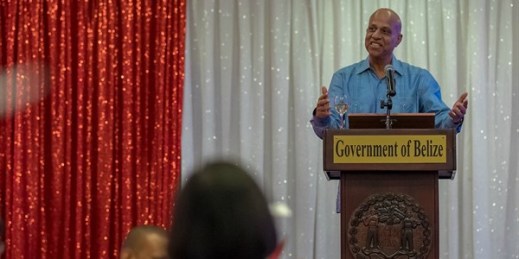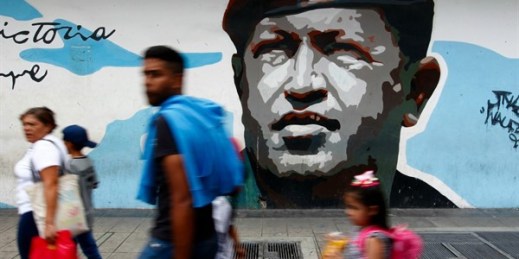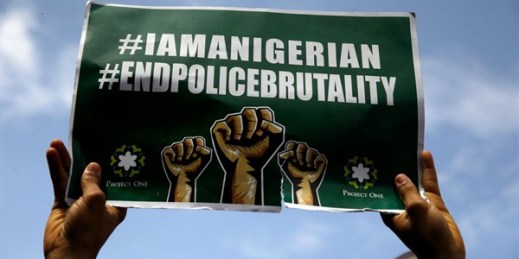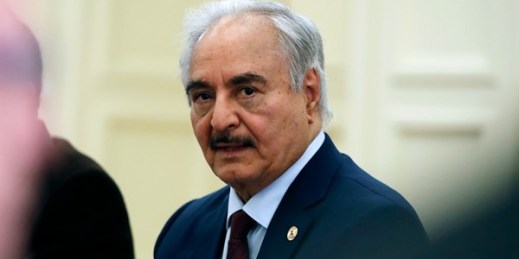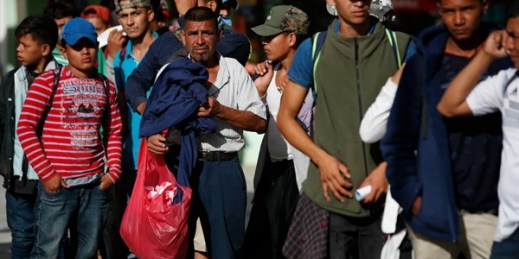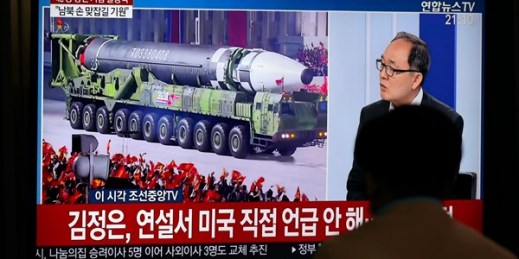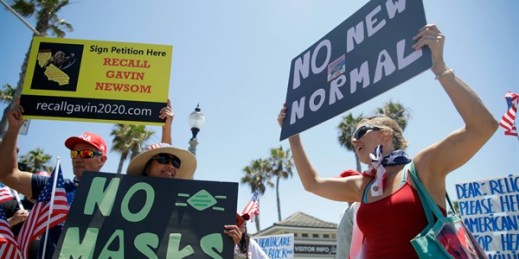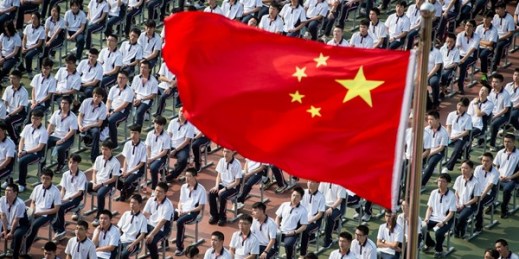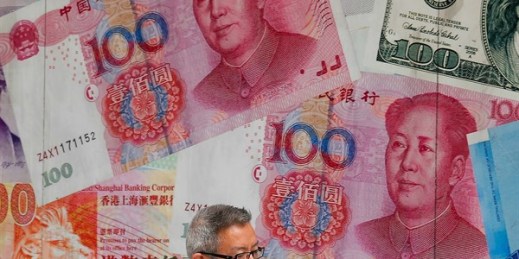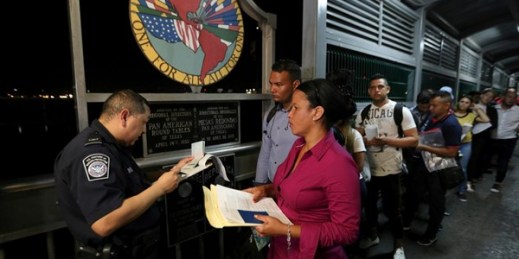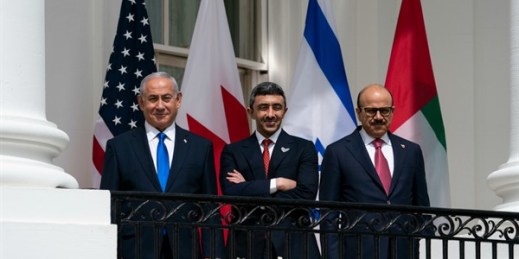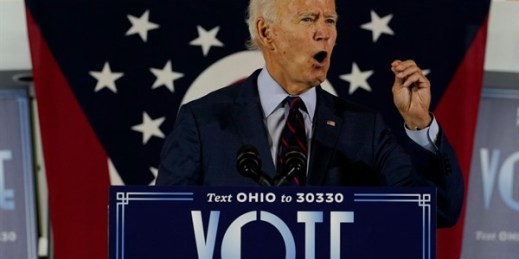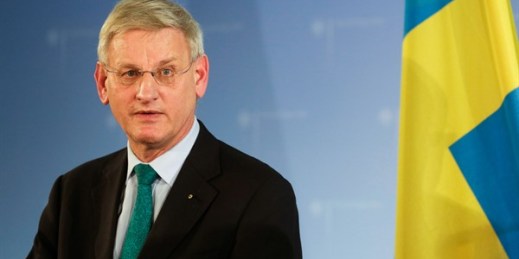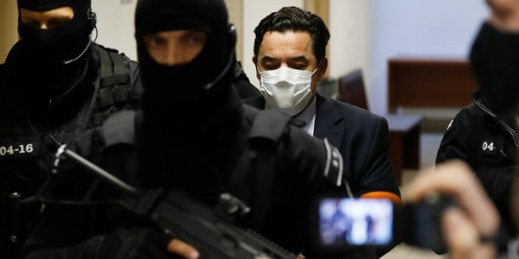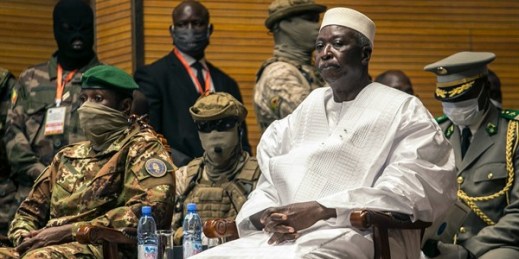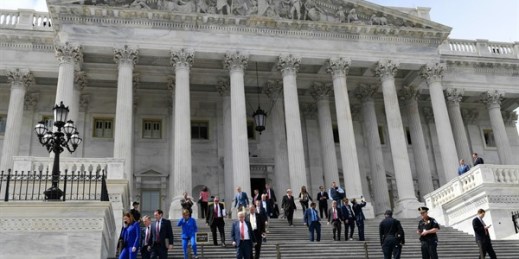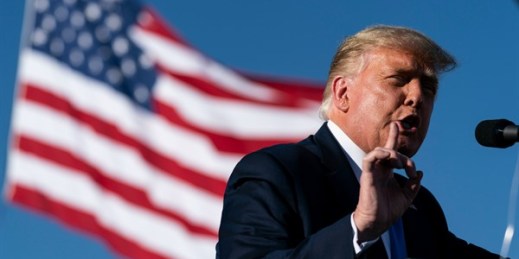
When Viktor Orban became prime minister of Hungary in 2010 following a landslide election victory by his Fidesz party, most observers considered Hungary’s democracy to be “consolidated” and secure since the fall of communism. In the years that followed, however, Orban used his position to slowly chip away at Hungary’s democratic institutions. First to fall was the judiciary. In 2011, the government pushed through a constitutional change that allowed parliament to directly select justices of the Constitutional Court, and lowered the retirement age for all judges from 70 to 62. Then, the government made changes to the electoral system that […]

